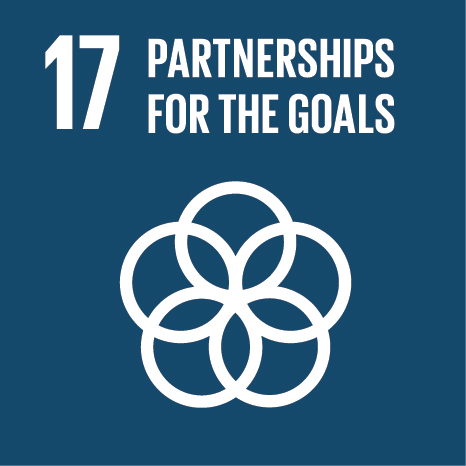Ciência_Iscte
Publications
Publication Detailed Description
Age of choice or diversification? Brazil, Portugal, and capacity-building in the Angolan Armed Forces
Journal Title
African Security
Year (definitive publication)
2018
Language
English
Country
United Kingdom
More Information
Web of Science®
Scopus
Google Scholar
This publication is not indexed in Overton
Abstract
The role of South–South cooperation in peace and security has prompted new questions about how, and to what extent, these ties differ from responses implemented by traditional donor countries. However, little of this literature has taken a directly comparative approach, and few studies exist on the role of such cooperation ties in the security domain. This article helps to fill these gaps by contrasting the roles of Portugal and Brazil in capacity-building of the Angolan Armed Forces. Portugal has long held a central role in this domain. However, that centrality has been increasingly challenged by emerging South–South defense cooperation players that claim to offer different approaches. Brazil, in particular, made considerable inroads with Angola in recent years. How has Brazil engaged with the Angolan military, and how does its approach to compare with that of Portugal? We focus on the case study of the Angolan Navy against the backdrop of emerging maritime security issues while addressing the question of whether or not rising powers can break the restricted club of external security providers in Africa.
Acknowledgements
--
Keywords
Angola,Portugal,Brasil,Capacity-building
Fields of Science and Technology Classification
- Political Science - Social Sciences
Funding Records
| Funding Reference | Funding Entity |
|---|---|
| SFRH/BPD/116700/2016 | Fundação para a Ciência e Tecnologia |
| UID/CPO/03122/2013 | Fundação para a Ciência e a Tecnologia |
Contributions to the Sustainable Development Goals of the United Nations
With the objective to increase the research activity directed towards the achievement of the United Nations 2030 Sustainable Development Goals, the possibility of associating scientific publications with the Sustainable Development Goals is now available in Ciência_Iscte. These are the Sustainable Development Goals identified by the author(s) for this publication. For more detailed information on the Sustainable Development Goals, click here.

 Português
Português



